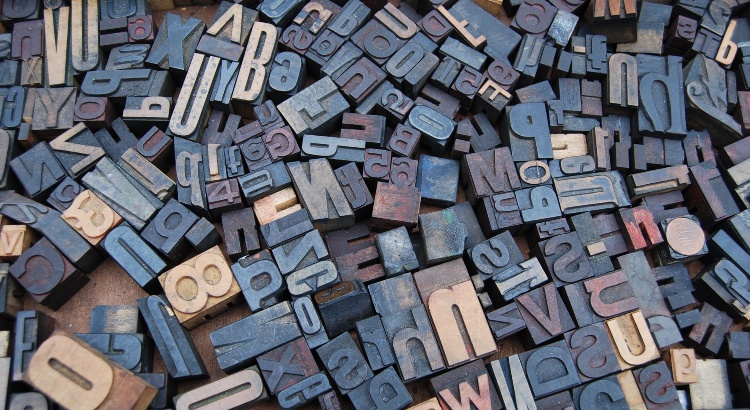Key Differences in American, British, and Australian English
English is the main language in the United States, the United Kingdom, and Australia. While these countries share a common language, the way people speak and write it can be very different. Each country has unique words and phrases that set their English apart. Understanding these differences can help you communicate more clearly in international settings.
Understanding Regional Differences in English
Native speakers in the US, UK, and Australia can quickly spot when someone mixes words or expressions from another country's style of English. Knowing the right words and phrases is important for clear, respectful conversations. Let’s look at some unique terms from each region.
Common American English Words and Phrases
- How’s it going? / What’s up? – These are casual ways to ask, "How are you?" People use them in everyday conversations.
- Costs an arm and a leg – If something is very expensive, Americans might say it "costs an arm and a leg."
- Awesome / Cool – These words show that someone is impressed or thinks something is great.
- Hang out – To spend time with friends or in a certain place.
- Have a blast – To have a lot of fun at an event or with someone.
- Chill out – To relax or calm down.
Popular Australian English Phrases
- Aussie – A casual way to refer to an Australian person.
- Mate – Means "friend." It is also common in British English.
- G’day – The Australian version of “How’s it going?” or “What’s up?” Often used to say hello.
- How ya going? – Another way to ask someone how they are doing.
- Fair dinkum – Used to say that something is true or genuine.
- True Blue – Describes something or someone as truly Australian or genuine.
- Crikey! / Streuth! – Expressions of surprise or shock.
Common British English Expressions
- Rubbish – Means "garbage" or "trash," but can also be used to say something is untrue or worthless.
- Lovely – Used to describe someone or something as very nice or pleasant.
- Bloody – Adds emphasis, similar to “very.”
- Bodge – Refers to a job done poorly or sloppily.
- Pissed – In the UK, this means to be very drunk. In the US, it means angry.
- Chuffed to bits – Means to be very pleased about something.
- Cheeky – Describes someone as playful or slightly naughty.
Comparing English Across Countries
Though these countries use English, these examples show how different words and phrases can make communication tricky. It’s easy to misunderstand someone if you don’t know the local meaning of common words. For example:
- In the US, “pants” are clothing you wear on your legs. In the UK, “pants” means underwear.
- An Australian might say “arvo” for “afternoon,” something not common in the US or UK.
- “Boot” refers to the trunk of a car in British English, but “boot” in American English means footwear.
Learning these differences is especially important for businesses, international students, and travelers. It helps you avoid confusion or unintentionally offending someone.
Choosing the Right English for Your Needs
Different English-speaking audiences expect different words and spellings. For example:
- Spelling differences: "Color" (American) vs. "Colour" (British/Australian)
- Vocabulary changes: "Truck" (American) vs. "Lorry" (British)
- Expression usages: "Chuffed" is only widely understood in the UK.
Using the right version of English can help you reach more people and ensure your message is clear. This is especially true in transcription services, academic work, and business communication.
How Accurate Text Services Can Help
When working with audio or video from different English-speaking countries, choosing the right form of English matters for clarity and accuracy. High-quality transcription services can convert speech into text while respecting regional language differences.
- Automated transcription quickly converts spoken content to text but might miss some local phrases or accents.
- AI transcription subscriptions provide ongoing, low-cost support for regular needs.
- Transcription proofreading helps catch regional spelling and vocabulary differences.
- Text translation services and audio translation can adapt English material for audiences in different countries.
- Closed captioning and subtitling services make sure videos are accessible and clear for all viewers.
If you are interested in using these services, you can check GoTranscript's transcription pricing or see captioning services pricing. You can also order transcription or order captions directly.
Conclusion: GoTranscript Makes Language Differences Easy
The differences between American, British, and Australian English can be confusing, but you don’t have to figure them out alone. Accurate transcripts, captions, and translations ensure your content matches the language of your audience. GoTranscript offers solutions for all your language and transcription needs, making it easier to connect with people in any English-speaking country.



















 Verified Order
Verified Order